Explanation of the starting concept in 2011
The situation in West Kenya:
Matibabu Foundation, an NGO implementing community health care in rural Ugenya county, West Kenya, and based in a town called Ukwala, set off a CBR (Community Based Rehabilitation) programme in their region. For the time being, the programme consists merely of getting assessments started, and delivering mobility equipment to people with disabilities in the remote areas. The mobility equipment is financed 50% by APDK (Association for the Physically Disabled of Kenya) and 50% by Matibabu Foundation, and is being procured by APDK from the neighbouring city of Kisumu, at a hundred kilometers away.
The process:
It is important to understand that many patients with disabilities are to be found in the rural, most of them being very poor and unable to pay for health care and transport. Medical doctors and physiotherapists are working in district hospitals, which is a long distance away for the people of this region and especially for disabled people.
During many homevisits in the very remote areas we started registering the personal data of the patients and the history of the disability, along with some measurements for mobility equipment if needed. A tentative medical diagnosis was made and referrals were done if necessary. Additionnally, information about the disability was given to the patient and his/her family. Along the way, many community workers that brought us to the patients were being assembled for educational talks about disability, discussing prevention, recognition, referral advices, and management.
The plan:
We understood that 3 major pillars, concerning the health component of CBR for physically disabled, were lacking or insufficient: drugs, physiotherapy (or any form of physical treatment), and mobility equipment. These pillars seem to be important to help to shift the person with disability into a status of wellbeing, or at least a maximum level of self-functioning. This could be a start to change the vicious pattern of poverty and disability.
The first pillar is about drugs: many disabled persons need to get medication on a chronic basis, e.g. in cases of spasticity, seizures, pain,.. In Kenya, every person needs to come to the farmacy to collect his or her medication, which is impossible because many of them aren’t even capable to displace themselves around the house. There’s one exception: the medical doctor can see the patient at their homes and then hands out the prescription to the farmacist. Because kenyan doctors stay in the hospitals, we came up with a ‘medication bridge’: the drugs were prescribed during the homevisits of dr W De Groote, they then were ordered from the local health care facility at the nearest district hospital, and then distributed at the people’s homes by the community workers. This solution seemed even less expensive because the drugs were being ordered in bulks.
The second pillar is physical treatment: as the disabled persons cannot move from their homes, and knowing that physiotherapist are only to be found up to level 4 (which is a district hospital), we suggested to start a pilot project having a physiotherapist to do home based treatments, covering the remote areas. This would make a huge difference to people with disabilities in the rural. Off course, the identification of some one fit to do the job, and the financing came up. After a few months, a young and capable physiotherapist was found, thanks to our partner within APDK. Unfortunately there was no agreement among the different partners (Matibabu Foundation, APDK, foreign aid) concerning the financial part. In the meanwhile, a foreign physiotherapist helped to start an educational programme, and a Matibabu Foundation nurse was trained in basic physiotherapeutic skills and CBR work. He is to be followed up and trained furthermore in these matters. Additionally, the plan was made to teach some motivated community workers to learn about occupational activities. The aim is to focus on sustainability.
For the mobility equipment, a monopoly is being held by APDK; after a meeting at the Kisumu headquarters we were promised that the material was to be delivered within 3 months.
The local NGO, Matibabu Foundation, is now investing in the CBR project by hiring 2 extra clinical officers, who have experience in tropical medicine and reproductive health. A CBR manager is appointed to organise the project ‘on the ground’. The focus now, will be to link medical prevention in these matters and the CBR project, reducing disability by preventing diseases that can cause disability (polio, malaria, cerebral palsy,..).
Social,educational and economic empowerment levels, which should also lead to poverty reduction, have not yet been addressed. Some actions on the institutional level though have been undertaken, especially at the level of APDK and The National Council for People With Disability.
Some reflections will be made about the goals achieved. An evaluation will be done of the implementation process.


Thanks for the good work you are doing.-Lawrence (NamSagali Hotel-Siaya).